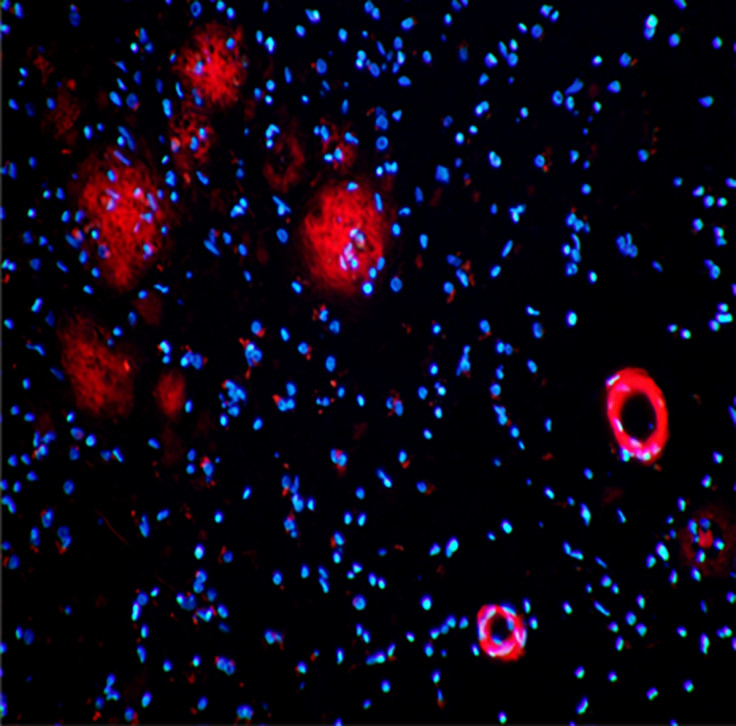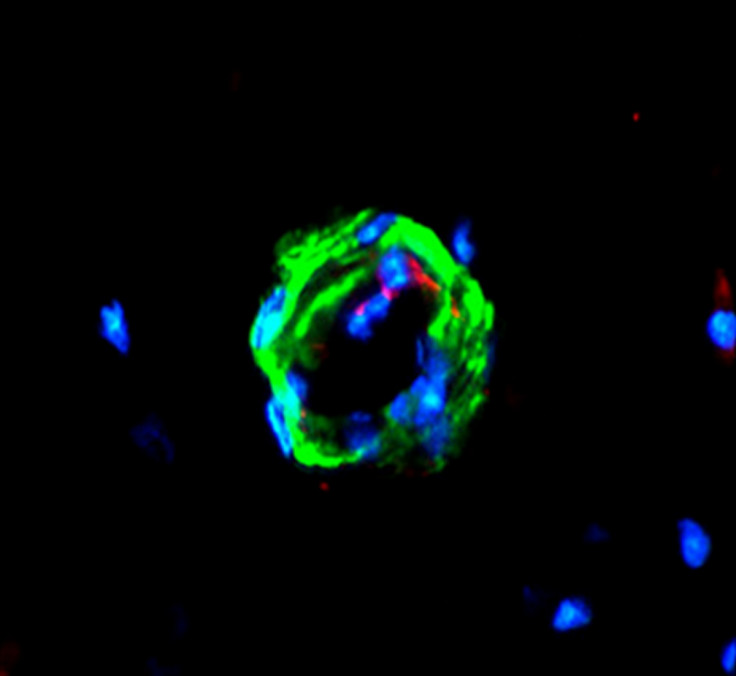World Alzheimer's Day: Breakthrough in how to treat disease by removing amyloid-beta from brain discovered

Ahead of World Alzheimer's Day, scientists have announced a breakthrough in removing amyloid-beta from the brain. This, they say, could one day lead to new therapies to treat the disease.
Alzheimer 's disease is characterised by the build-up of the protein amyloid-beta in the brains of patients. The inability to clear this protein leads to the build-up of plaques. Scientists from Trinity College Dublin have now found a key mechanism underlying the clearance of amyloid-beta.
Publishing their findings in the journal Science Advances, the team found that the blood vessels that regulate the blood brain barrier are different in people who have Alzheimer's. How amyloid-beta is normally cleared is still unknown, but it must go through the blood brain barrier via the bloodstream.
Researchers examined brain tissues of Alzheimer's patients and compared them with results observed in laboratory models. They found two proteins that regulate the tight fit of the blood brain barrier, which could be targeted for clearing amyloid-beta from the brain.

Mice studies showed the proteins claudin-5 and occluding can be regulated to open up the spaces between the cells to let amyloid-beta out of the brain. They also showed that amyloid-beta has its own ability to regulate these two proteins – with the brains of deceased Alzheimer's patients showing high levels of amyloid-beta and low levels of claudin-5 and occluding.
Study leader James Keaney said: "We have shown that distinct components of these blood vessels, termed tight junctions, are altered in Alzheimer's disease. We think that this alteration could be an entrained mechanism to allow for the clearance of toxic amyloid-beta from the brain in those living with Alzheimer's disease."
Matthew Campbell, added: "Our recent findings have highlighted the importance of understanding diseases at the molecular level. The concept of periodic clearance of brain amyloid-beta across the BBB could hold tremendous potential for Alzheimer's patients in the future. The next steps are to consider how this might be achieved. Given the recent advances in clinical trials of anti-amyloid beta antibodies, we hope our findings may lead to improved and adjunctive forms of therapy for this devastating condition."
Embargo 6am Saturday 19th September
© Copyright IBTimes 2024. All rights reserved.






